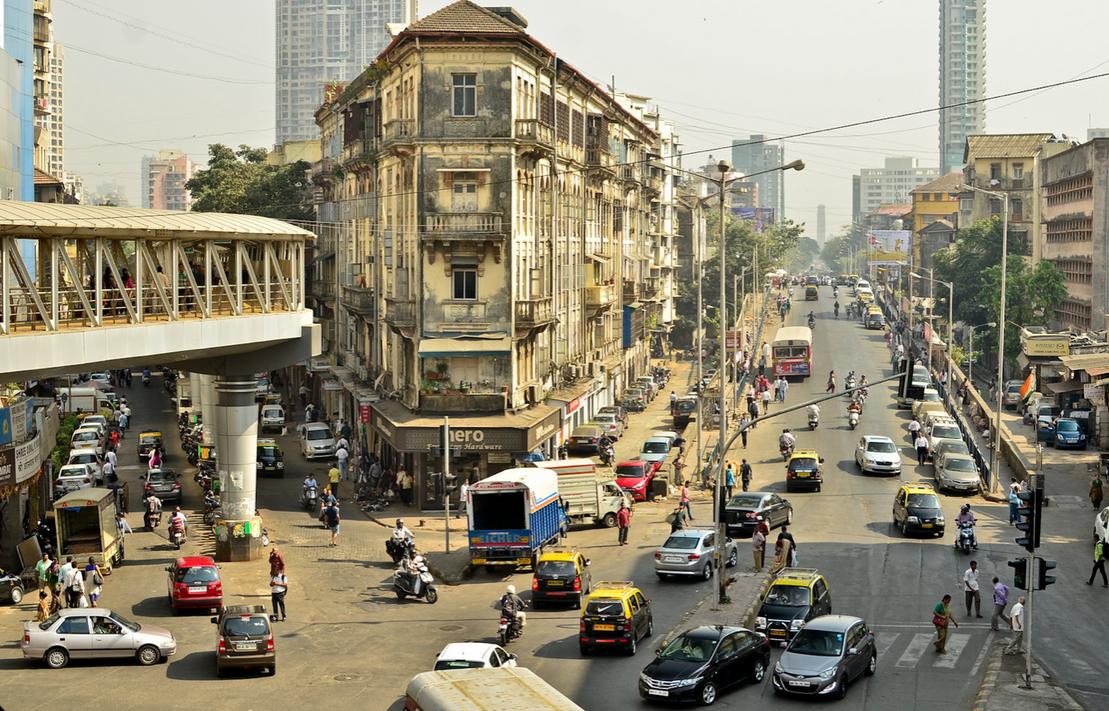
3 minute read
Promoting Walkability Through Dialogue
THE WALKABLE CITY
PROMOTING WALKABILITY THROUGH DIALOGUE
Our cities still suffer the results of old-fashioned ideals of planning. Focusing on cars and roads, designers have underestimated the importance of other means of transportation. More and more, cities have been filled with larger streets and highways, introducing more cars and more traffic, longer commuting distances, and making walking less appealing and safe. Inconveniently, public transportation has also not been a priority.
DECISIONS CAME FROM HIERARCHIES AND THE VOICES OF PEOPLE WERE NOT CONSIDERED.
Cities, especially in the global south, are still evolving into species of overwhelming car race games, where pedestrians and cyclists have to evade the risks of being hit. Our cities in the global south have been used as experimentation ground for failed city utopias! Being able to walk to our destinations has become a privilege limited to touristic and fancy areas. Insecurity has been caused by lonesome paths, with no coffee shops, parks, restaurants or businesses but walls Cars and walls Walking has turned into the transportation means of the unprivileged who cannot afford a car, motorbike, or taxi ride. If you walk or cycle, you might become prey, especially at night, and even more if you are a woman...
Walkability
We want our cities to change! We want to imagine a different future! We believe in walkable, safer, and healthier cities, re-created by the power of dialogue and inclusion of citizens in decision-making. More efficient transportation is key to this change and can be achieved with less expensive car infrastructure while fostering social cohesion and making cities lively and livable.
Dialogue
For these changes to be possible, it is mainly the political authorities who have to change their mindsets and demand different approaches from their city planners. However, we as individuals and collectives of our cities can and must exercise our power to demand such changes. The power we have can be exercised by means of dialogue and communication. Part of the transformation we need comes from us, responsibly taking ownership of our spaces, without violence and supporting inclusion.
Conclusion
A walkable city brings social, environmental and economic benefits. The changes we need and want can be achieved! We have the power of creating our future and we must reclaim it for our cities! We do not want a future built on the same mistakes of the past. We can work together to build the future we all deserve, especially for younger generations. A future based on dialogue, where decisions in our spaces are consensual and not imposed, where we finally transform car cities and make them healthy, safe and walkable.
From A Manifesto for the Just City vol.3 (2022) By Dieudonné Elohym, Maurício Barriga and Theodora Kirunda.

